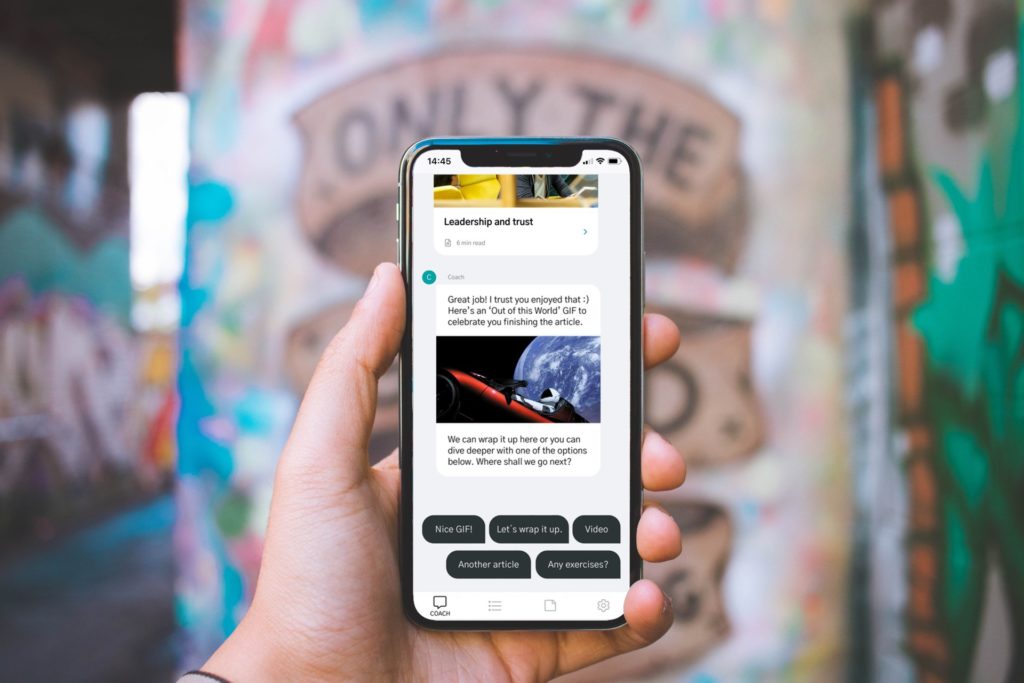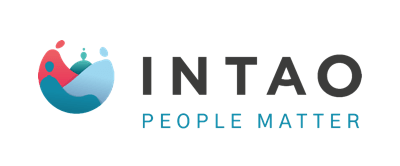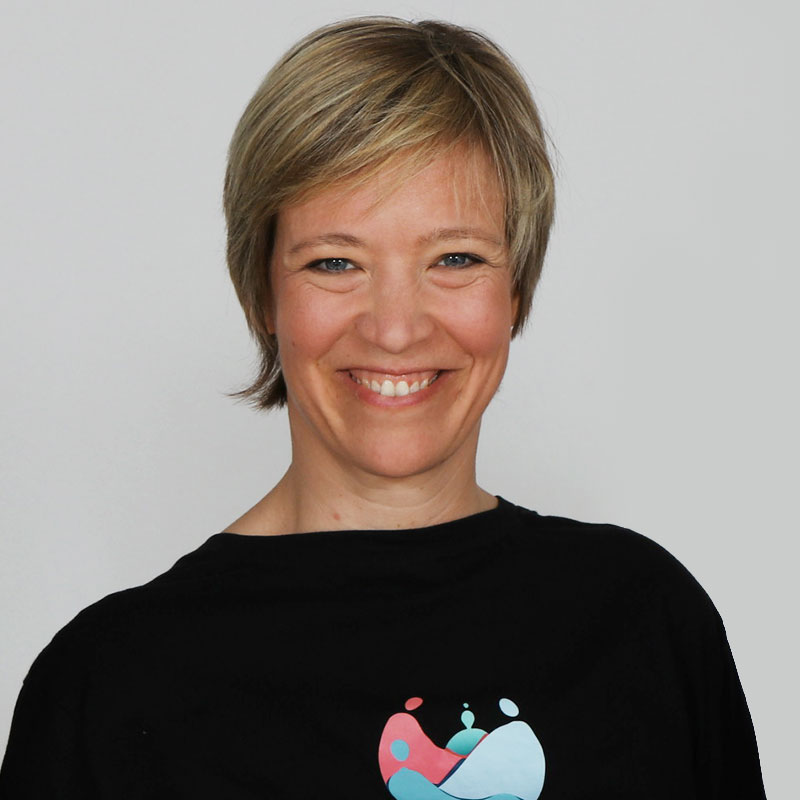How to Use E-Learning for Effective Soft Skills Development
Honestly, would you choose e-learning to become a better communicator? How about growing as a leader?
The probability is high that your answer is a plain and simple ‘no’, maybe a ‘not only’, and you‘d be right. Traditional e-learning tools were not designed for learning beyond rational comprehension.

What makes soft skills development different?
The topics commonly referred to as ‘soft skills’ like leadership, collaboration or communication have different learning requirements. The term ‘skill’ means the ability to DO something. And of course, that’s true for soft skills as well. The bigger challenge, however, lies in the mental processes involved.
Soft skills development involves what we call ‘personal learning’.
Which comes with its own set of criteria.
Soft skills – or as we like to call them essential skills – are based on personality, mindset, attitude, values, a general way of relating to the world. They are much closer linked to a person’s core way of being than any other skill set.
Personal learning is more than understanding. It requires a ‘shift’.
Personal learning, learning or un-learning something as a leader or communicator, requires not only a rational understanding but a personal shift. The processes and tools designed to facilitate that have different requirements from those addressing technical skills.
What does an e-learning tool need to enable personal learning?
E-learning tools designed for soft skills development have to be:
- personal,
- continuous,
- engaging,
- multi-levelled and
- self-directed
Personal: Everybody needs to learn different aspects.
Let’s take the topic “giving better feedback” or example — a highlight in any communication course. The challenge isn’t to learn the rules on how to phrase it, the challenge is to tackle my personal issues: Some people tend to be too harsh, some people tend to not be clear enough, some avoid feedback altogether because of how they think about making mistakes. One topic and so many different aspects to learn. An e-learning tool should be intelligent enough to help the learner figure out which aspects are important.
Continuous: People just don’t change overnight.
Humans are creatures of habit. Any real shift takes time. We have an aha-moment, we try something out. We keep practising. Eventually, it becomes part of our natural way of responding to a situation. Again, as I said… it takes time. A course might create a learning impulse, but it won’t support the personal shift. E-learning for soft skills development should be like a fitness app, not like a boot camp. And, let’s face it, the only chance, learners will do a little something every day, is for the tool to be mobile!
Engaging: The only way people take time out of their busy schedules.
We are all busy. Sticking to learning something every day is tough. Especially when it’s not urgent. Plus, we are all so very spoiled when it comes to how engaging content has to be. If an e-learning tool wants to compete with all the other distractions available, we better come up with something better than slideshows or talking head videos.
Multi-levelled: It’s about more than understanding.
Rationally grasping a concept is a good start. Personal learning also involves creating awareness, reflecting on past experiences, taking action trying out new behaviours.
Self-directed: Personal learning follows a personal logic.
In a skill-oriented course, it is alright to follow a logical structure. For topics like leadership or communication, the learner constantly sub-consciously evaluates the content: Do I believe this? Does this fit how I think about this? Do I really need this? Does it fit my values? Does it fit my idea of how the world works?
The maxim for personal learning is to create and keep an openness at all times. So instead of having to follow the rigid logic of a course, the learner should be able to follow their own train of thought. Microlearning is a good start — even better would be a network of microlearning so that learning becomes a journey.
An e-learning tool effective for soft skills development will address all these different levels.
How could an e-learning tool incorporate those aspects?
We used our decades of experience as trainers and coaches to build a learning platform which includes all of this. We built a mobile learning application where a digital coach guides you through your learning journey. Like a personal mentor would.
Curious? Click here to get a demo for our mobile app Intao.



